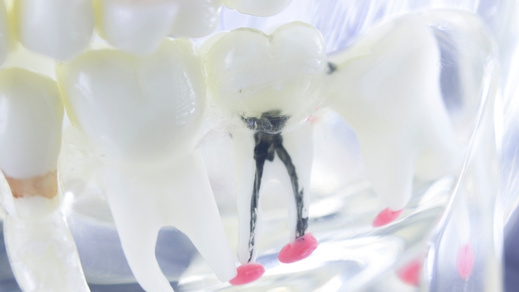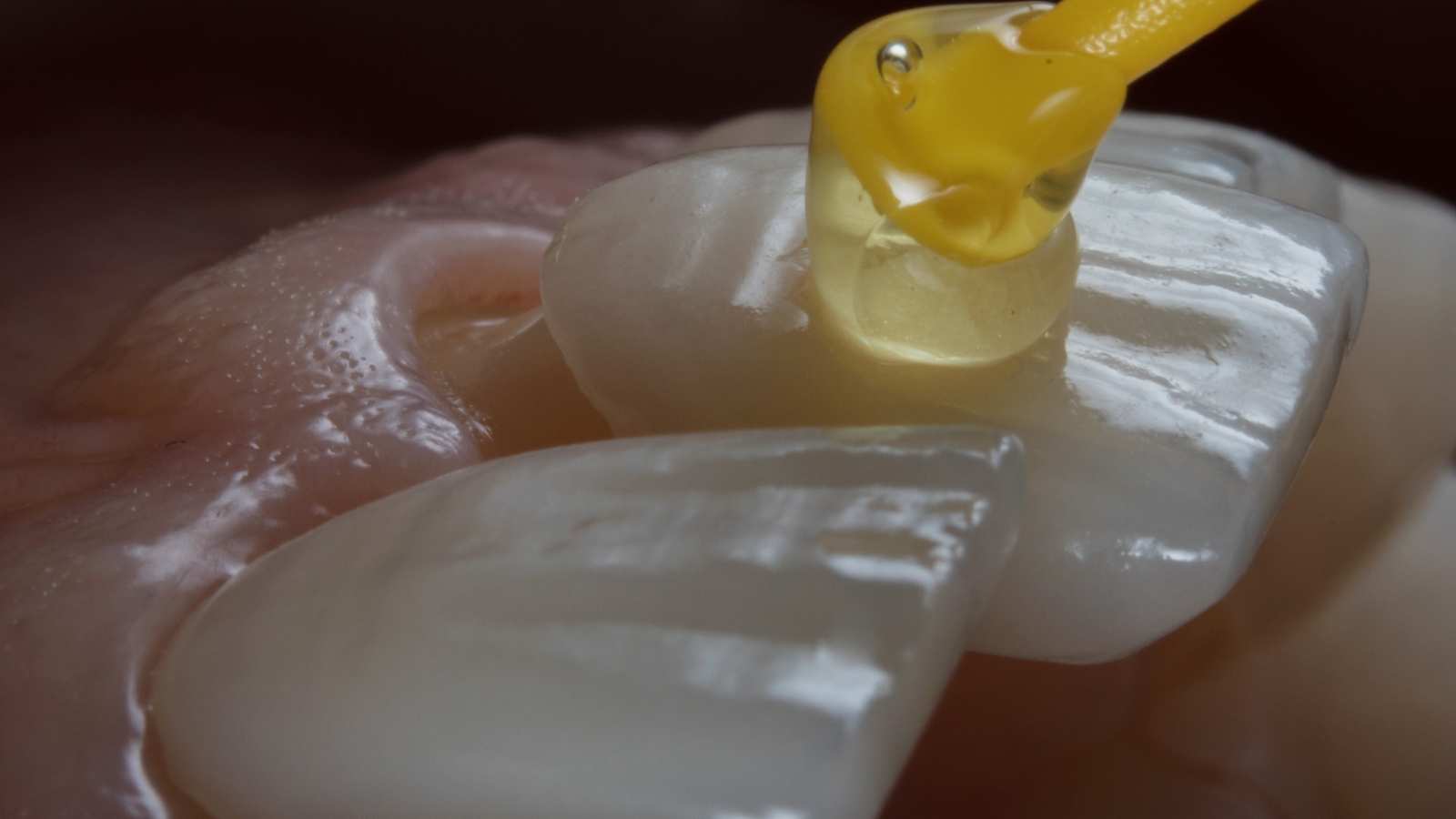We accept Medicare
Why Do Teeth Need Root Canals? 5 Interesting Facts About Tooth Decay

Dental health is crucial for overall well-being. Many people fear dental procedures, especially root canals. However, understanding why root canals are necessary can alleviate some anxiety.
This blog aims to explain the importance of root canals and share five interesting facts about tooth decay. By learning more, you can better appreciate how to care for your teeth and prevent future issues.
What is a Root Canal?
A root canal is a dental procedure that treats infection at the tooth’s root. This infection often stems from untreated cavities or trauma. During the procedure, a dentist removes the damaged pulp from inside the tooth. The dentist cleans and disinfects the area, then fills it with a rubber-like material. Finally, they seal the tooth to prevent further infection.
Root canals are essential for preserving teeth that would otherwise need extraction. Conditions that necessitate a root canal include severe decay, cracks, or injuries to the tooth. Without treatment, the infection can spread, leading to abscesses and additional complications.
Understanding Tooth Decay
Tooth decay occurs when harmful bacteria break down the sugars in food. This process produces acids that attack tooth enamel, leading to cavities. Plaque, a sticky film of bacteria, forms on teeth when oral hygiene is poor. Factors like diet, especially high sugar intake, contribute significantly to plaque buildup.
Tooth decay develops in stages. Initially, demineralization occurs, where acids weaken the enamel. If untreated, the decay progresses to form cavities. Next, the decay can reach the dentin, the layer beneath the enamel, causing pain and sensitivity. If the decay reaches the pulp, it can result in infection and require a root canal.
Why Do Teeth Need Root Canals?
Preventing Further Damage: Root canals save teeth from extraction by treating infections. This procedure helps maintain your natural smile.
Relief from Pain: Infected teeth often cause severe pain. A root canal removes the infected pulp, relieving pressure and discomfort. After treatment, most patients experience significant pain reduction.
Maintaining Oral Health: Preserving natural teeth is vital for your overall health. Each tooth plays a role in chewing and maintaining jaw alignment. Losing a tooth can lead to shifting of adjacent teeth and bite issues. Root canals help avoid these complications by keeping your teeth intact.
Furthermore, untreated tooth infections can lead to systemic health issues. Bacteria can enter the bloodstream, potentially affecting your heart and overall health. By choosing a root canal, you not only save your tooth but also protect your health.
5 Interesting Facts About Tooth Decay
Fact 1: The Surprising Prevalence of Tooth Decay
Tooth decay is one of the most common chronic diseases worldwide, affecting individuals across various age groups.
According to the World Health Organization, approximately 60-90% of school-aged children and nearly 100% of adults experience tooth decay. This prevalence highlights that poor dental hygiene is not limited to a specific demographic.
Regular dental check-ups and preventive care are crucial for everyone, regardless of age, to maintain healthy teeth and gums.
Fact 2: The Link Between Diet (Sugar Intake) and Tooth Decay
Diet plays a significant role in tooth decay. When we consume foods high in sugars and carbohydrates, the bacteria in our mouths feed on these sugars, producing acids as a byproduct. These acids attack the enamel, leading to cavities.
Sugary snacks, sodas, and even some fruit juices are common culprits. Reducing sugar intake and opting for healthier snacks like fruits, vegetables, and dairy products can help protect teeth and minimize the risk of decay.
Fact 3: How Genetics Can Influence Susceptibility to Decay
Genetics can significantly impact your susceptibility to tooth decay. Some people inherit traits such as stronger enamel or greater saliva production, which can help protect against cavities. Saliva is essential for neutralizing acids in the mouth and washing away food particles.
However, even those with a genetic advantage can develop cavities without proper oral hygiene. This underscores the importance of maintaining good dental habits regardless of genetic predisposition.
Fact 4: The Role of Fluoride in Preventing Tooth Decay
Fluoride is a naturally occurring mineral known for strengthening tooth enamel and making it more resistant to decay. Many dental products, including toothpaste and mouth rinses, contain fluoride to help combat cavities.
Additionally, many communities add fluoride to their drinking water, further promoting dental health. Studies show that fluoride use can reduce the incidence of tooth decay by as much as 25%. Regular fluoride treatments at the dentist can also provide added protection, especially for children and those at higher risk of cavities.
Fact 5: Fun Facts About the History and Evolution of Dental Care
The history of dental care is both fascinating and enlightening. Ancient civilizations used various materials for dental fillings, such as honey, tree resin, and even ground-up bones. The first known toothbrushes date back to 3500 BC in ancient Egypt, made from twigs with frayed ends.
Over the centuries, dental care has evolved significantly, leading to modern practices that include preventive care, advanced treatments, and improved hygiene products. Today, we benefit from a wealth of knowledge and technology that makes dental care more effective than ever.
Understanding these facts can help individuals make informed choices about their dental health and encourage better habits to prevent tooth decay.
Prevention and Care
Tips for Preventing Tooth Decay
Maintaining dental health is essential for preventing tooth decay. Brush your teeth at least twice a day with fluoride toothpaste. Do not forget to floss daily to remove plaque between your teeth. Regular dental check-ups are vital for early detection of potential problems.
When to See a Dentist?
Recognizing symptoms that require dental care is crucial. Seek immediate help if you experience toothache, swelling, or sensitivity to hot and cold. Regular visits to your dentist can help catch issues early, saving you from more extensive treatments later.
In conclusion, understanding the necessity of root canals can ease fears about dental procedures. Root canals are essential for preserving your teeth and overall dental health. Knowing the facts about tooth decay helps you take proactive steps to maintain your oral hygiene. Prioritize your dental health to enjoy a lifetime of strong, healthy teeth.


